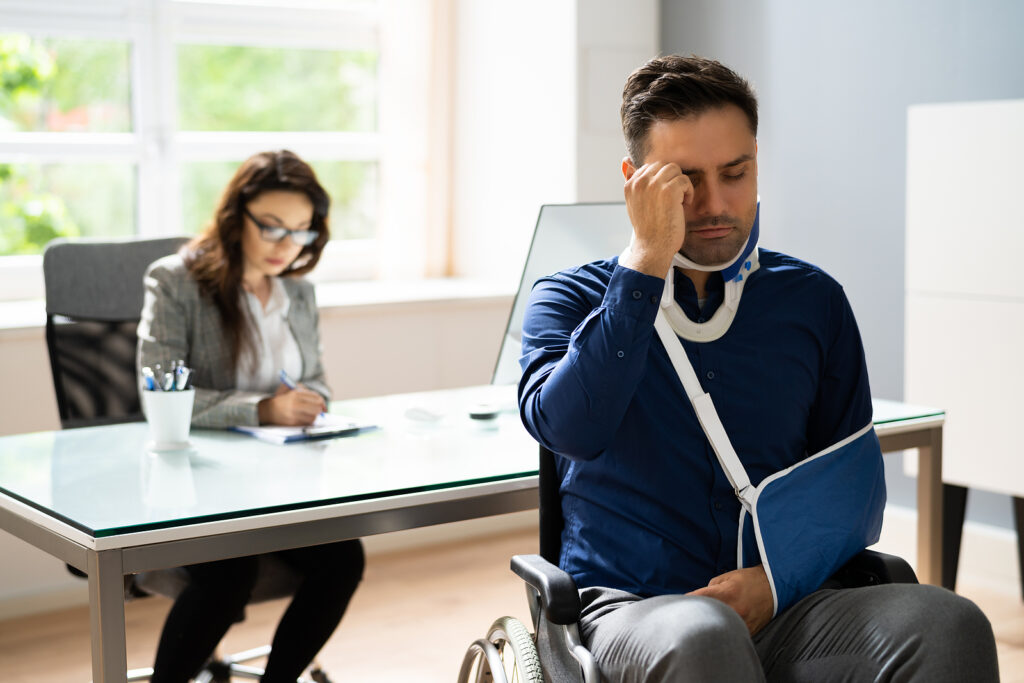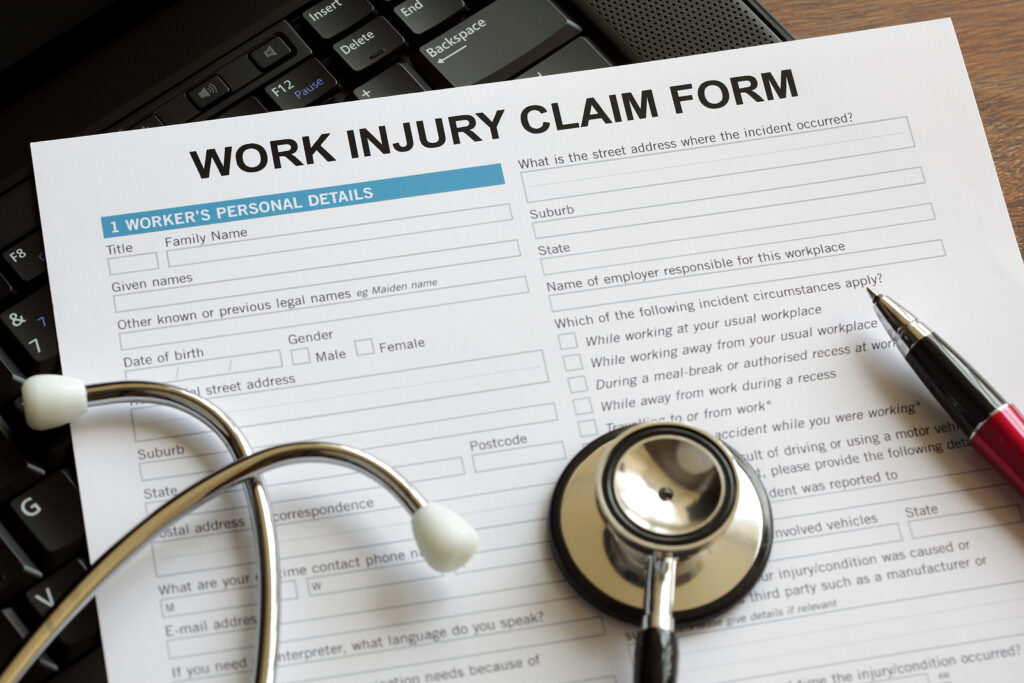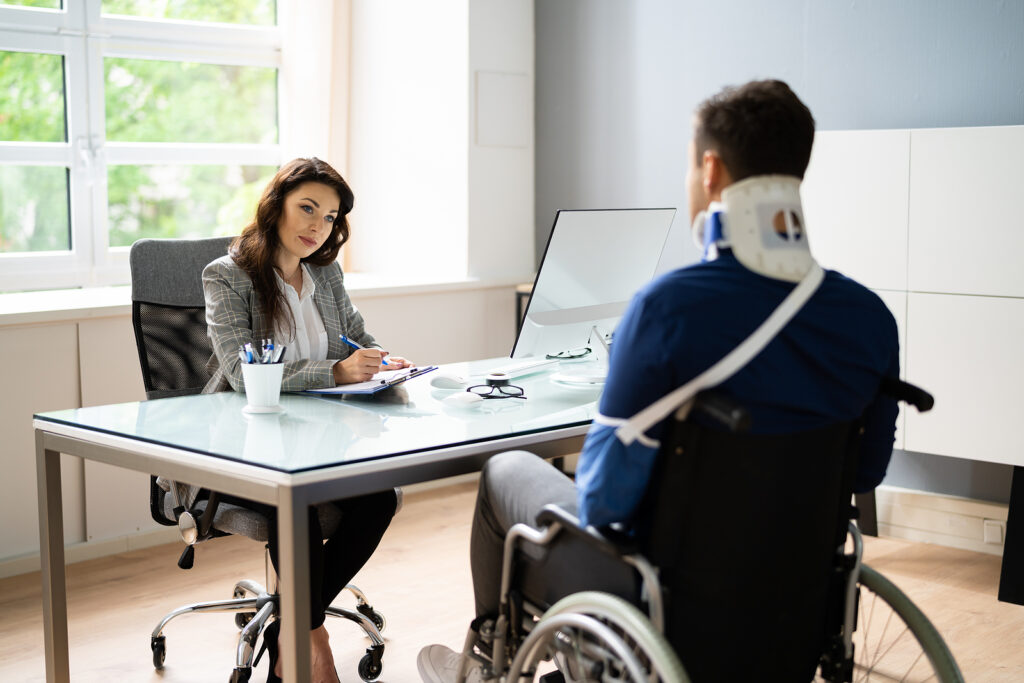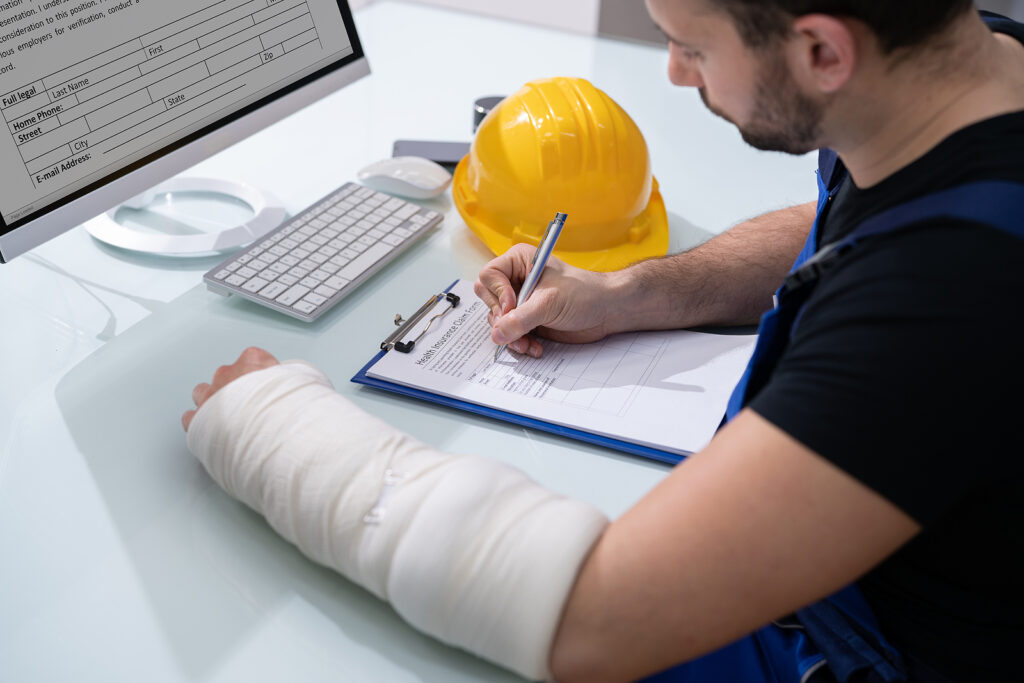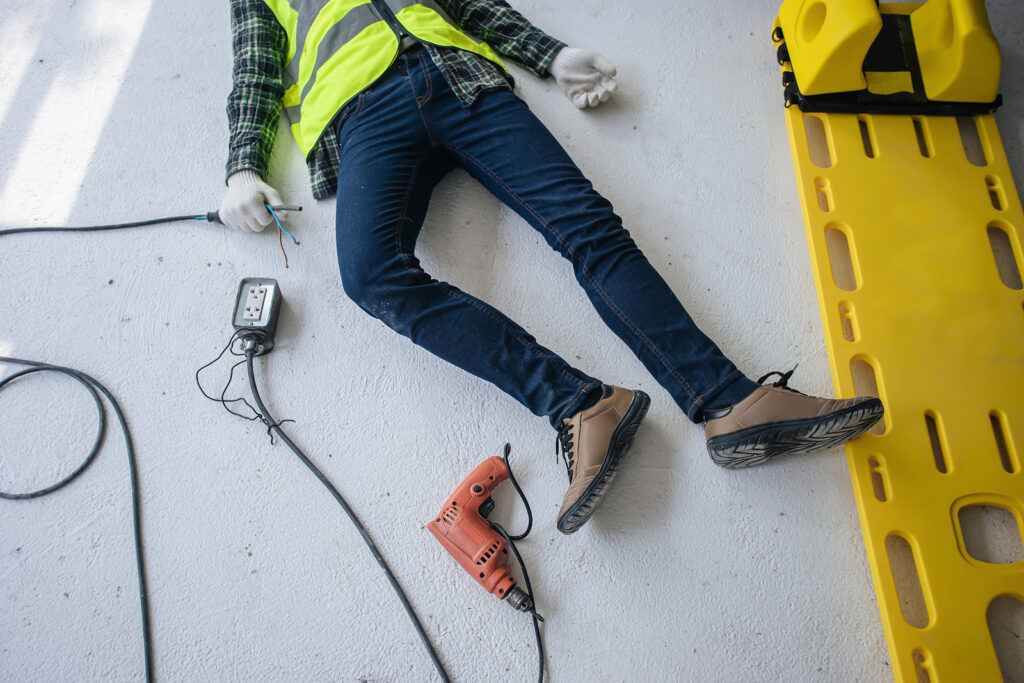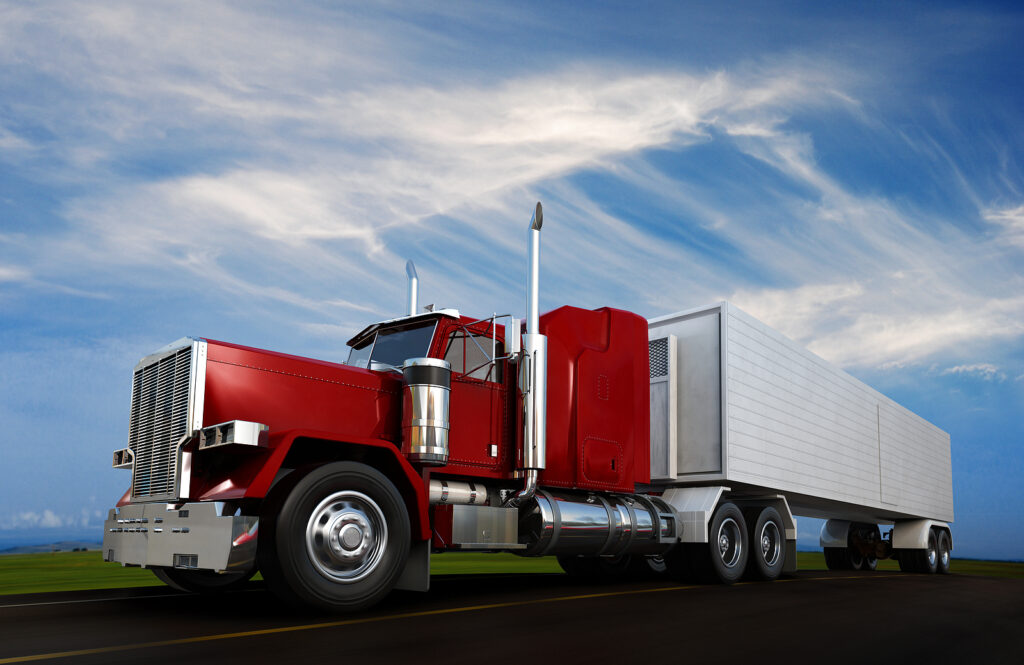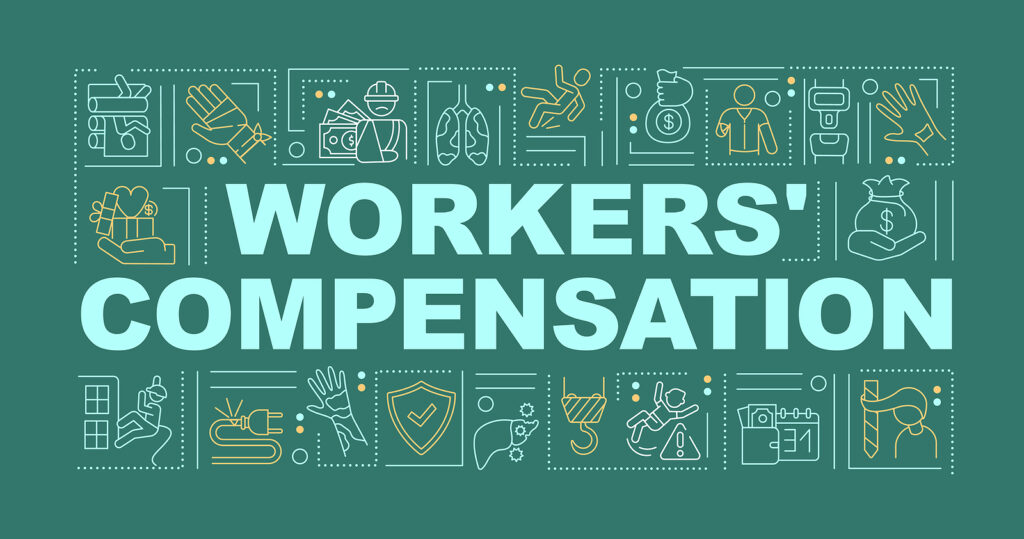The pandemic certainly changed the dynamic of the workforce. Many offices and professional businesses have leaned into the work-from-home strategy, finding that remote workers are happier, and therefore, produce higher quality work. Plus, incorporating remote staffing into a compatible business model can deliver a wide range of benefits in terms of overhead expenses and bottom lines.
Nonetheless, being that the telecommuting office strategy allows employees to work from home, the potential for blurred lines and boundaries are ever present. One such area of concern or confusion involves workplace injury liability.
Do remote workers qualify for workers’ compensation benefits if they are injured at home? Continue below to explore this topic further.

Workers Compensation for Work-From-Home Employees
Employees who work from home get to enjoy all sorts of concomitant perks, like not sharing a bathroom with a dozen other coworkers or spending more time with the family pet. But do these workers also get workers’ compensation perks if they are injured at home? The answer really depends on the circumstance and timing of the accident that caused the injury.
Scope of Employment
At-home workers are generally entitled to all the same benefits and protections as on-site workers. This also applies to workers’ compensation benefits. Whether an employee works from home or not, in order to be covered under workers’ compensation, they must have been injured while performing work-related duties. This is referred to as “scope of employment.”
For instance, if an employee leaves their house in the middle of the workday to go grocery shopping, and during which is injured, they are not covered under their company’s workers’ comp policy because they were not performing a work-related duty.
Oppositely, if the employee leaves the house to perform a work-related duty, like show a property to some potential buyers or make a delivery, then they should be eligible for workers’ comp benefits after sustaining an injury during the process.
So, if a remote worker is injured inside their house while performing work-related duties, they may qualify for workers’ compensation benefits so long as the work-related duty falls within their scope of employment. Common examples of work-from-home accidents include car accidents, slip and falls, back and neck injuries caused by poor posture, repetitive stress injuries (i.e. carpal tunnel syndrome), and possibly mental stress.
Who Might Be Ineligible for Workers’ Comp?
There are many cases in which an injured-at-home employee is disqualified from workers’ compensation coverage, such as causing the injury themselves or maintaining a hazardous at-home workplace environment. In fact, OSHA does not have any regulations that require business owners to inspect or sign off on their staff’s work-from-home offices. Additionally, if a remote worker is injured at home as a result of a hazardous at-home workplace, the business owner would likely not be liable.
It is important to note that certain vocations are not covered by workers’ compensation benefits, such as domestic workers (i.e. nannies, babysitters, housekeepers), agricultural workers, and independent contractors.
Were you recently injured on the job? Talk to a licensed and experienced personal injury lawyer to learn all about your rights to collecting a full workers’ compensation settlement. Contact the Law Office of Craven, Hoover, and Blazek P.C. at 317-881-2700 to schedule a free personal injury case evaluation, today. We represent clients throughout the state, plus Indiana residents injured in other states.
Related Posts:
What to Do if Your Boss Does Not Want to Report Your Workplace Injury
Types of Income Covered By Lost Wages Benefits
Can I Quit My Job if I Am on Workers’ Compensation?

